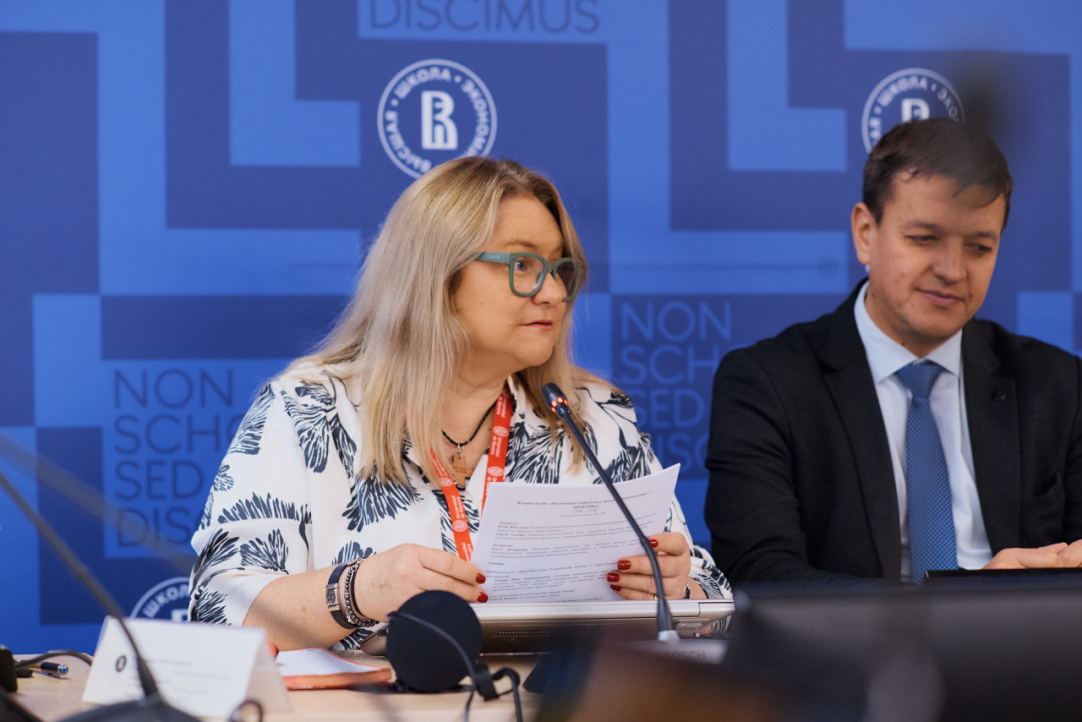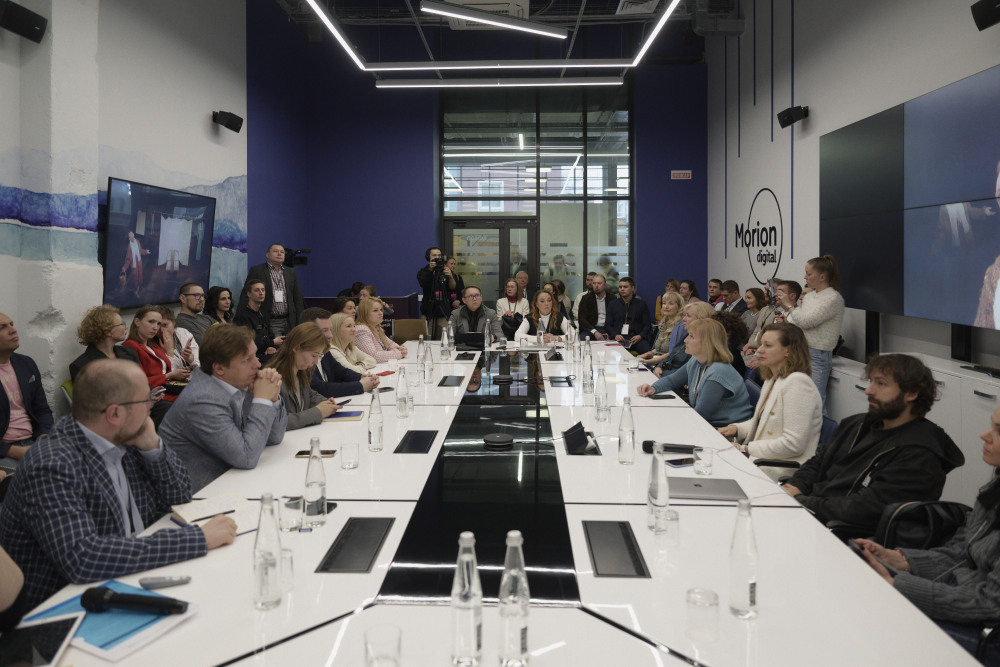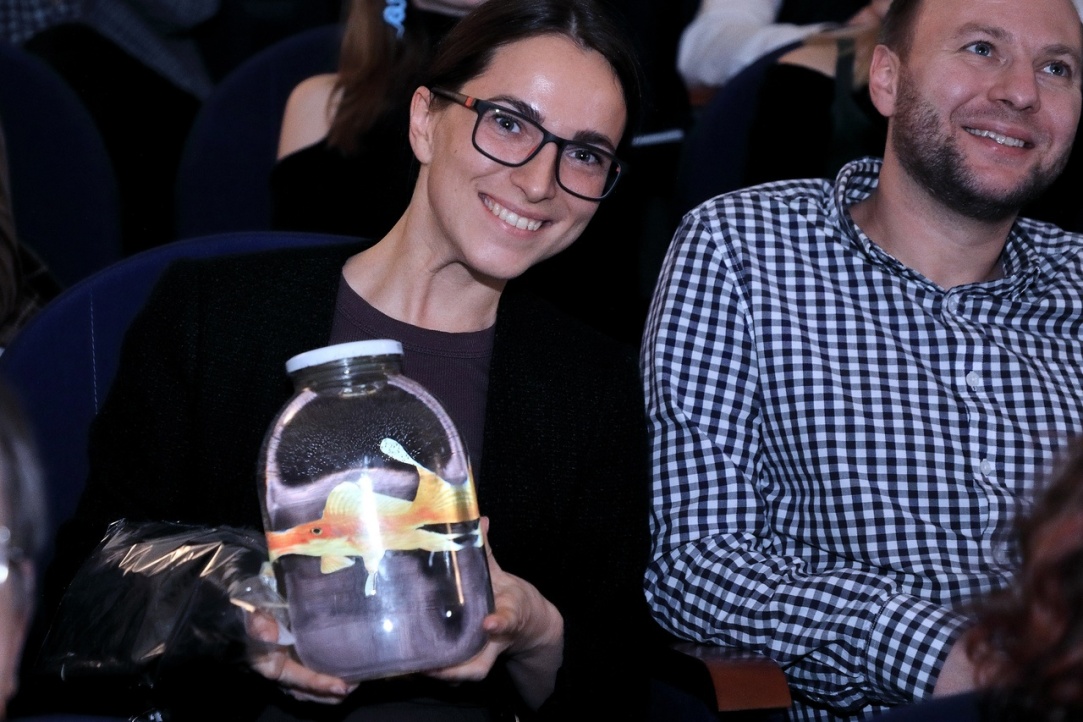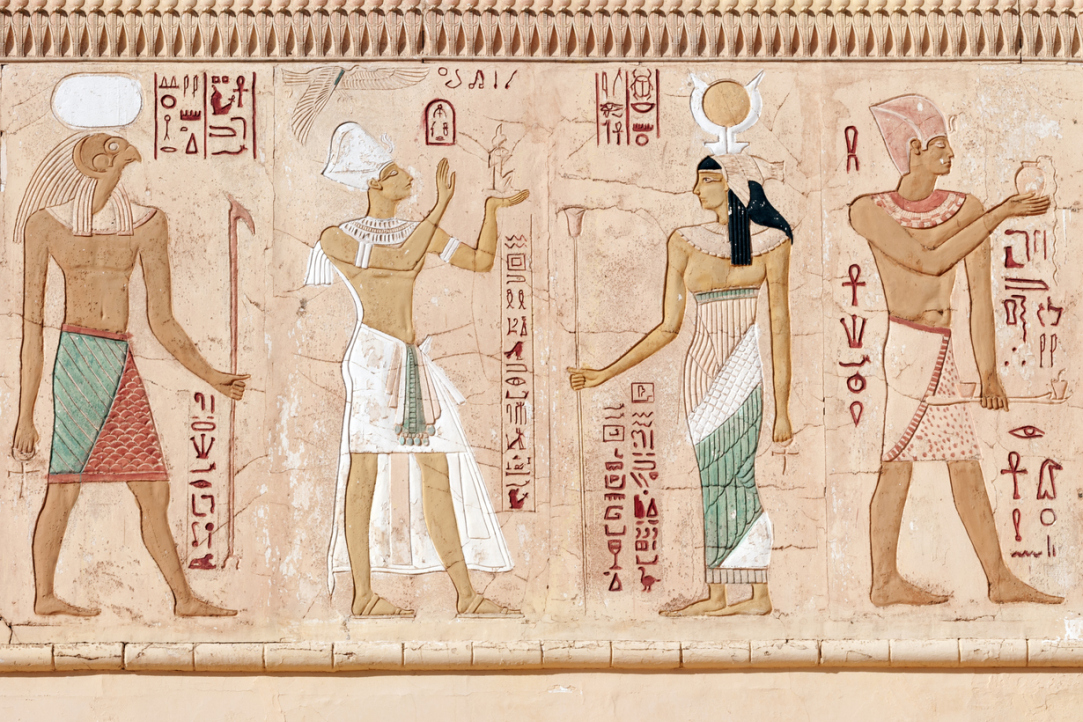
HSE University-St Petersburg Holds International Expert Day on Social Entrepreneurship
On November 29, the campus hosted the Expert Day of the HSE University-St Petersburg and University of Technology Malaysia mirror laboratory. The official partner of the event was the Our Future foundation.

Study of Creative Industries in Perm Krai Conducted by HSE University in Perm
The first large-scale creative industries forum ‘Spheres’ took place in Perm on December 6, 2024, bringing together federal and regional industry experts, as well as representatives of the authorities and the public. The forum included a joint meeting of the Interdepartmental Working Group on the Development of Creative Industries in Perm Krai and the Regional Expert Group at the Centre for the Development of the Creative Economy at the Agency for Strategic Initiatives (CDCE ASI). Researchers from HSE University in Perm presented a study on the state of creative industries in Perm Krai and a comprehensive assessment of their development prospects.

Missing Socks and Abnormal Dumplings: HSE MIEM Holds Pseudoscientific Conference
For the first time, the HSE MIEM Pseudoscientific Conference brought together students from different faculties to find answers to absurd but surprisingly profound questions. Why can't Skynet cook dumplings? How do the stars affect your grades? The organisers and participants of the conference proved that even the strangest joke can sound scientific if approached with a qualitative methodology.

Healthy Nutrition Saves Public Funds: Strategies to Reduce Healthcare Costs in Russia
In Russia, the annual cost of treating type 2 diabetes alone exceeds 500 billion roubles. Promoting healthy nutrition programmes can ease the burden on the healthcare system and increase life expectancy. This was the conclusion reached by economists at HSE University after analysing global experiences with government involvement in promoting a healthy lifestyle.

Conscientious Individuals Live Longer
Personality traits such as conscientiousness, emotional stability, and an internal locus of control significantly influence one's lifestyle and longevity. Not only can personality traits influence health through beneficial and harmful habits but can also have a direct effect on mortality. Higher conscientiousness reduces the risk of premature death by 20 percentage points, while higher neuroticism increases it by 12 percentage points. These are the findings from a new study by Ksenia Rozhkova, Junior Research Fellow at the Laboratory for Labour Market Studies of the HSE Faculty of Economic Sciences.

Sports, Creativity, and TV: Diverse Leisure Positively Impacts Psychological Well-Being
Life satisfaction is higher among those who engage in diverse leisure activities, researchers from HSE University have found. However, the specific types of activities people engage in are less important. The contribution of individual leisure activities to a sense of well-being accounts for no more than 2% of the variance. Only the diversity of leisure activities is significantly linked to overall life satisfaction and a sense of meaningful time usage.

Taming the Element: How AI Is Integrating into the Educational Process Around the World
Artificial intelligence is gradually becoming an indispensable part of higher education. Both students and teachers use it to reduce the volume of routine tasks and expand their capabilities. The limitations and prospects of AI are discussed in the report ‘The Beginning of the End or a New Era? The Effects of Generative Artificial Intelligence (GAI) in Higher Education,’ published in the journal Modern Education Analytics, under the scientific supervision of HSE Academic Supervisor Yaroslav Kuzminov.

Ancient Egyptians Were Less Afraid of Death Than Commonly Believed
Ekaterina Alexandrova, Academic Supervisor of the Egyptology programme at HSE University, has studied the funerary practices of ancient Egyptians based on religious texts and the works of Egyptologists from the 19th, 20th, and 21st centuries. Traditionally, it was believed that Egyptian religion was built solely on the fear of death. However, an analysis of texts reveals that ancient Egyptian beliefs were not merely reflections of a fear of death, but a complex system aimed at preserving order and stability both in life and the afterlife. The study has been published in the journal Shagi/Steps.

Find Work with Help from an Algorithm: HSE Introduces ‘Jobs and Skills Navigator’
Researchers from HSE University have introduced a new tool to assist in building career paths and navigating today’s job market—the Jobs and Skills Navigator. This service algorithmically ranks available vacancies and the corresponding professional skills in the context of current labour market requirements. It aims to simplify the identification of competencies needed for mastering a new profession and streamline interactions between employers and job seekers.

Esports Players Play Better Online
In competitions, esports players, like other athletes, face stress and show worse results due to pressure. A substantial decrease takes place in the performance of esports players during overtime. This effect, however, is significantly mitigated in online competitions compared to live events—the difference can reach 30%. A study by a team of authors from HSE University’s Moscow and Perm campuses and European University Viadrina (Germany) explores the phenomenon of choking under pressure within the context of esports. The study was published in the Journal of Economic Behavior & Organization.


Submission Deadline: December 20, 2025